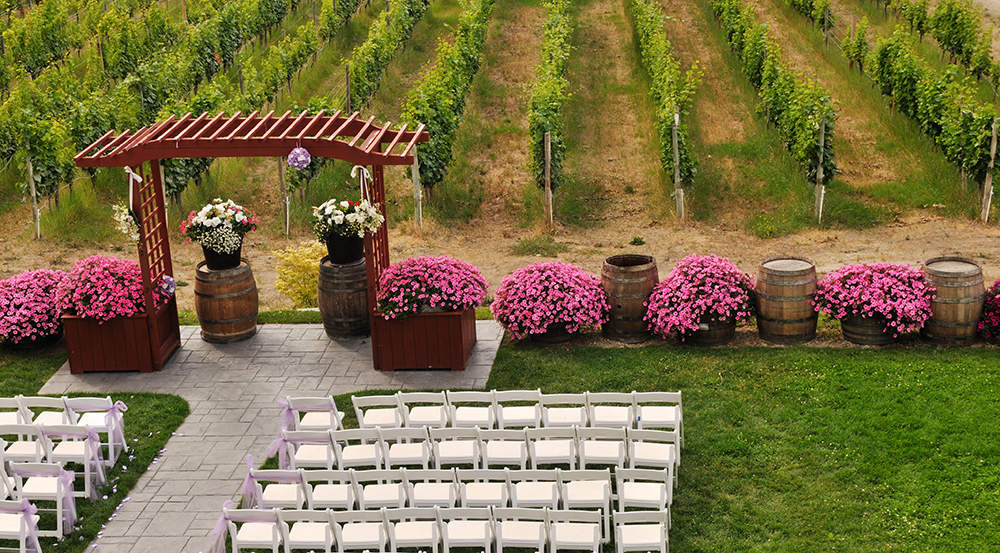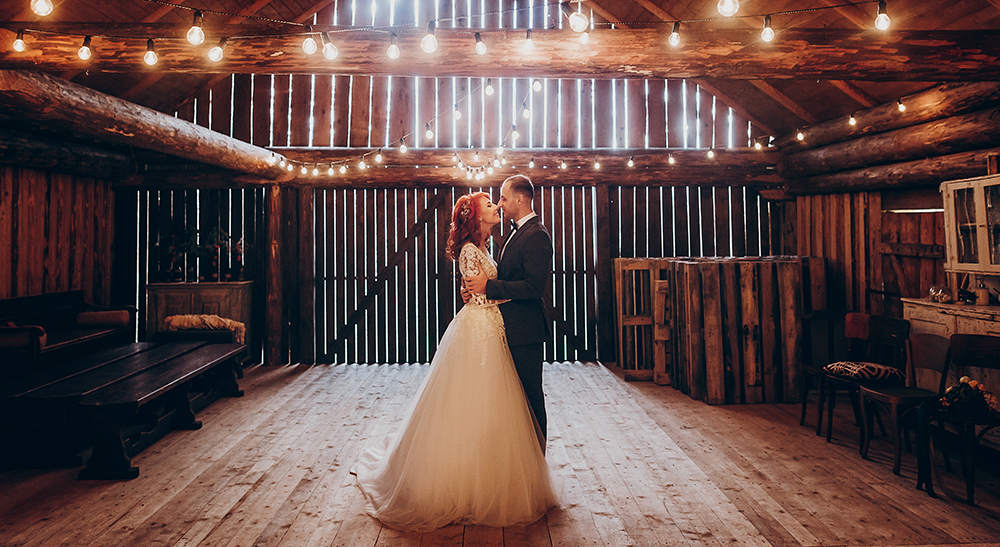Whether it’s the allure of a tropical climate, a breathtaking landscape or the desire to be married in the place where you met, a destination is the stuff dreams are made of. But how do you begin planning? And are the “rules” different from a hometown wedding? Read on to find out!
Do budget. Like any wedding, a destination wedding can be expensive, so it’s essential to establish a budget early on and ensure it covers all the necessary expenses.
Don’t fail to budget for unexpected costs. Setting aside a little money for the unexpected will help keep you from going over budget.
Who pays? The hosts typically pay for their travel expenses and accommodations, including the wedding reception, rehearsal dinner, welcome party and morning-after brunch. It’s also common enough for the hosts to pick up the tab for a planned activity or two that you need to be clear about it when you aren’t. Part of being a great host is giving guests the information they need to plan their budgets.
Do choose the right location. Consider factors like the weather, availability of accommodations and vendors and travel logistics.
Don’t assume local marriage requirements will be the same in another country – or another state! Research the legal requirements well in advance. You might find that having a civil ceremony at home followed by a religious or symbolic ceremony at your destination is a good option.
In Season or Off? It’s the off-season for a reason, and you can’t escape the weather. If you have your heart set on an outdoor ceremony, an off-season wedding might not be the right choice for you, but if you’re open to an indoor wedding, it could be a great option. Another thing to consider: some businesses might shut down in the off-season, so some fun activities you want to share with your guests might not be available.

Do hire a local wedding planner. Finding reliable and experienced vendors can be challenging in a city you’ve lived in all your life. Imagine doing it long distance! A local wedding planner knows the local vendors as well as any of the local laws and customs you’ll need to follow. Their assistance will be invaluable.
Don’t fail to visit the location beforehand. Seeing the wedding location before the big day is essential to ensure everything is as expected. It’s also an excellent opportunity to meet with the local wedding planner or vendors in person.
What’s on the schedule? A pre-wedding visit to your location offers an excellent opportunity to check out group and solo activities for guests to enjoy during their downtime. For example, a group hike to a beautiful destination is a great way to spend an afternoon before or after the wedding, and it’s low-cost or free.
Do send save the dates and Invitations well before the wedding date. Save the dates should go out nine to twelve months in advance, with Invitations in the mail four to six months before your wedding date. Basic details should be available with the Save the Date, either on the card or your wedding website, so your guests can start planning.
Don’t assume everyone will be able to attend. While a destination wedding can be a once-in-a-lifetime experience, it can also be expensive for guests or conflict with existing plans. Getting your date on their calendars early and providing information to help them plan ahead may help guests fit your big day into their plans.
Planning pays off: Guests must know your itinerary to book travel and accommodations. Provide them with the name of the closest airport, directions from the airport to your venue, and the location of any pre and post-wedding events. Other must-have information includes the exact name of the venue, its contact information and address, street name, city, and state (or country!) A map of the venue and the surrounding area are nice, especially if internet instructions aren’t clear and correct. In addition to making this information available on your website, an accommodation card printed with this information is a thoughtful addition to your wedding invitation suite.

Do host welcome events or activities so guests can get to know each other and the destination.
Don’t Forget about your guests: While the wedding day is about the couple, it’s essential to consider the guests’ experience. Provide them with information on the destination, activities, and things to do in the area to make their stay enjoyable and memorable.
Bring people together: A hot dog roast on the beach, a games night or drinks served in a hospitality suite will allow your guests to mingle and get to know each other. Even if they’ve all known each other forever, everyone has traveled a long way to celebrate with you and will appreciate a low-key gathering before the festivities kick into high gear.
Do make contingency plans. Unexpected issues like inclement weather or travel delays can occur during a destination wedding. Work with your venue and your wedding planner so you have contingency plans to ensure a smooth and stress-free experience for everyone involved.
Don’t ignore the weather and climate: While a beach wedding may sound perfect, stay flexible, and prepare a backup plan in case of bad weather. Do you really want to rush through your ceremony before the rain starts falling?
Stay focused: I was a maid of honor in a wedding delayed because a bridge collapsed after the wedding party was already at the church (no one was hurt.) The ceremony was delayed for an hour to give people time to take the detour. Was it stressful? Yes. Did it ruin the day? No way! Just keep your eye on the prize!

Do relax and enjoy yourselves.
Don’t forget your guests will take their cues from you. So celebrate your love, dance like no one is watching and make some beautiful memories!









